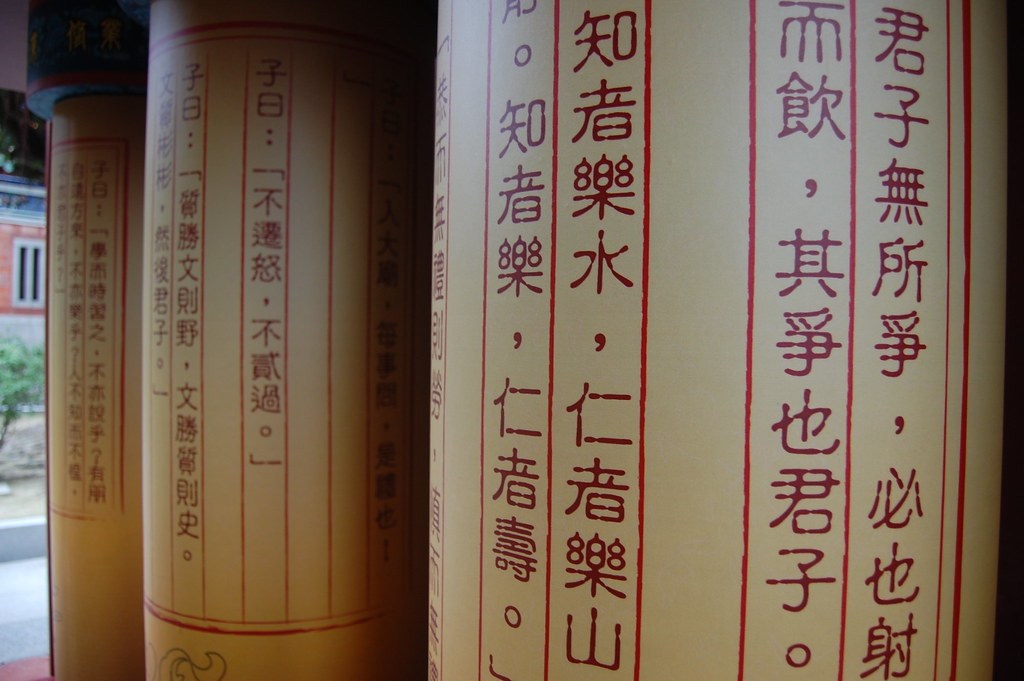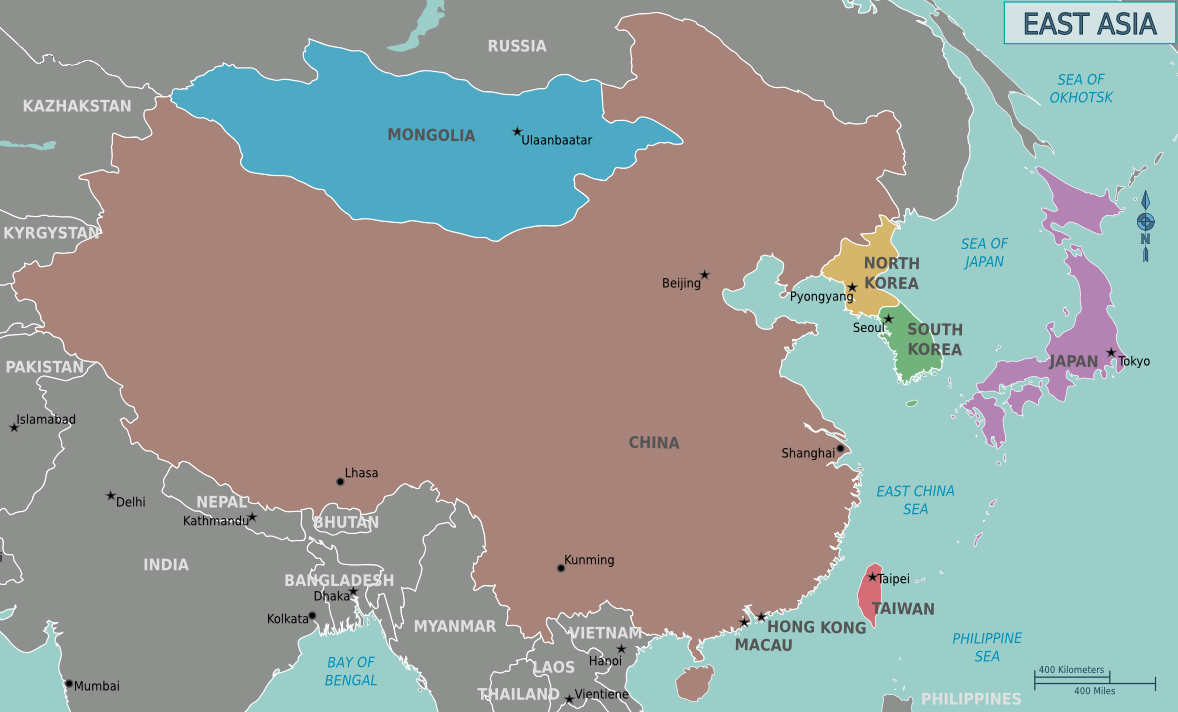Newsletters Trips@Asia
Did Confucianism help Asia beat coronavirus?
People are finally breathing a sigh of relief all around the world as their governments start covid-19 vaccinations. The media are praising Israel and U.K. for moving ahead of the rest of the world, giving shots to millions of people. However, it should not overshadow Asia's success at keeping the pandemic at bay and the secret behind it.

At this point, we can safely say that East Asia ŌĆō which mostly has the so-called "third world" or developing countries, has proved itself to better at handling the pandemic. When it comes to covid-19 fatalities, the official data shows a striking disparity between the East and the West. China has reported three deaths per million inhabitants, Mongolia 0.6, Taiwan and Vietnam 0.3, and Bhutan had only one fatality so far. Miraculously, Laos had only 42 cases and no death since the beginning of the pandemic. Indeed, these numbers may seem unrealistic compared to that of the West, where death per million inhabitants is in the thousands.

So, how did East Asia had fought the virus so effectively? It is because "A wise Chinese man once said ŌĆ”"
The man was born in 551 B.C. in Lu, a vassal state of the Zhou Dynasty, in present-day Shandong. He was a member of an aristocratic Kung family, who were just a step higher than the ordinary peasants due to their lack of influence and wealth. Kung could not enter government service when he came of age due to his lowly status. Instead, he got a job in the Jisun clan household, whose members served as counselors to the Lu rulers for many generations. He was first a keeper of granaries and livestock, then got promoted to district officer in the family's feudal domain. The position led to more important appointments in the Lu government, first as minister of works and then as minister of crime.

During his years as a minister of crime, Kung came up with an idea of a perfect society based on five hierarchical relationships: father-son, king-subject, husband-wife, elder-younger, and friend-friend. The senior person's role is to take care of the juniors and lead by example, while the junior must obey. The seniority will depend on both age and status. Everyone within the society must follow the law and uphold their duty. The law would be a compilation of already accepted social norms instead of complex law codes that each individual can interpret differently. He considered that shaming the criminals for violating social standards is more efficient than enforcing the law through penalty. This shaming became a custom in Asia, known as lose face" or "face-saving." In general, this custom seeks to preserve one's dignity at all costs, including telling lies.

Kung spent most of his years as a minister persuading the Lu ruler to dismantle the cities' fortifications ŌĆō strongholds belonging to the three noble families. He understood that this would weaken the nobility and return the state authority to the Duke. It was a step towards his goal to establish a centralized government. He believed that the Head of State must be at the top of the social hierarchy because his right to rule comes directly from heaven. Thus, he put all his efforts into restoring the Duke's power, the one with a mandate of heaven.

Meanwhile, the neighboring Qi state was concerned that Lu was becoming too strong with Kung's assistance and decided to sabotage his reforms by distracting the Duke of Lu. They allegedly gifted the Duke with 100 good horses and 80 beautiful dancing girls. The ruler indulged himself in pleasure and neglected his official responsibilities for three days. Disappointed that the leader was not putting his duty above all, Kung quit his government job at 51. After his resignation, he traveled throughout the small kingdoms in China, including Wei, Song, Chen, and Cai. Each state received him with great respect, but most failed to implement his teachings in their governance. By the chief minister's invitation, Kung returned to Lu when he was 68 years old. History books depict him spending his last years teaching his 77 disciples and advising several high officials in Lu on governance and law. During this time, he earned the nickname Kung Fu Tza or Master Kung ŌĆō which was later Latinized into Confucius.

So, let's go back to our main topic. As I mentioned earlier, one of Confucius's principles was a social hierarchy in which the subjects respected their ruler. A sovereign's role is to lead his people with great wisdom and compassion, while the people are supposed to follow their ruler's decision without question. Confucianism has been the Chinese Dynasties' official ideology for some 2000 years ŌĆō since its first unification in the 3rd century BCE. As China was the superior civilization in East Asia, its neighbors followed its footsteps and adopted Confucian principles of governance and social order. People continue to abide by Confucian ethical concepts in counties like Vietnam, Korea, Japan, Mongolia, and Tibet.

Thus, when the Asian leaders asked their citizens to stay at home, put on masks, wash their hands, no one challenged the rules. When the authorities imposed restrictions, locked down the cities, and closed the border, no one demonstrated to defend their civil rights. No one thought to question the government's measures, which led to a positive result confirmed in the statistics above.

Most of us would not want to live in a country where civil rights come second to the concern over state stability, and that obedience sometimes prevails over common sense. But the coronavirus pandemic proves that a centralized government that contradicts certain democratic values has its advantages when handling a crisis, as Confucius had said two-millennia ago.
China Delights | China Private Tour
This China private tour is a journey through time and cultures. Explore ChinaŌĆÖs glorious past and current phenomenal developments, visiting the ancient capital of ChangŌĆÖAn and the current vibrant capital, Beijing. Climb atop LongshengŌĆÖs stunning rice terraces amidst picturesque minority villages and stroll through the buzzing streets of ShanghaiŌĆÖs metropolis.
View tour